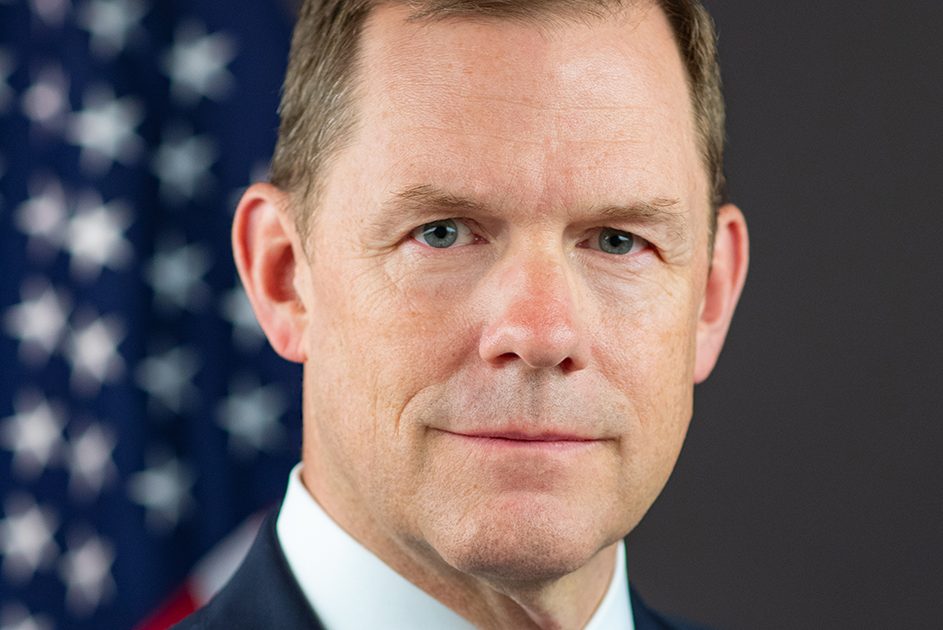Carmen Cracknell, Senior Reporter
I’ve noticed an opinion consensus among compliance industry experts that the acronym should be broken down and redefined because it’s currently not working and there’s no measurable index for how companies should conform to ESG as a broad concept.
There is also broad
Register for free to keep reading
To continue reading this article and unlock full access to GRIP, register now. You’ll enjoy free access to all content until our subscription service launches in early 2026.
- Unlimited access to industry insights
- Stay on top of key rules and regulatory changes with our Rules Navigator
- Ad-free experience with no distractions
- Regular podcasts from trusted external experts
- Fresh compliance and regulatory content every day













